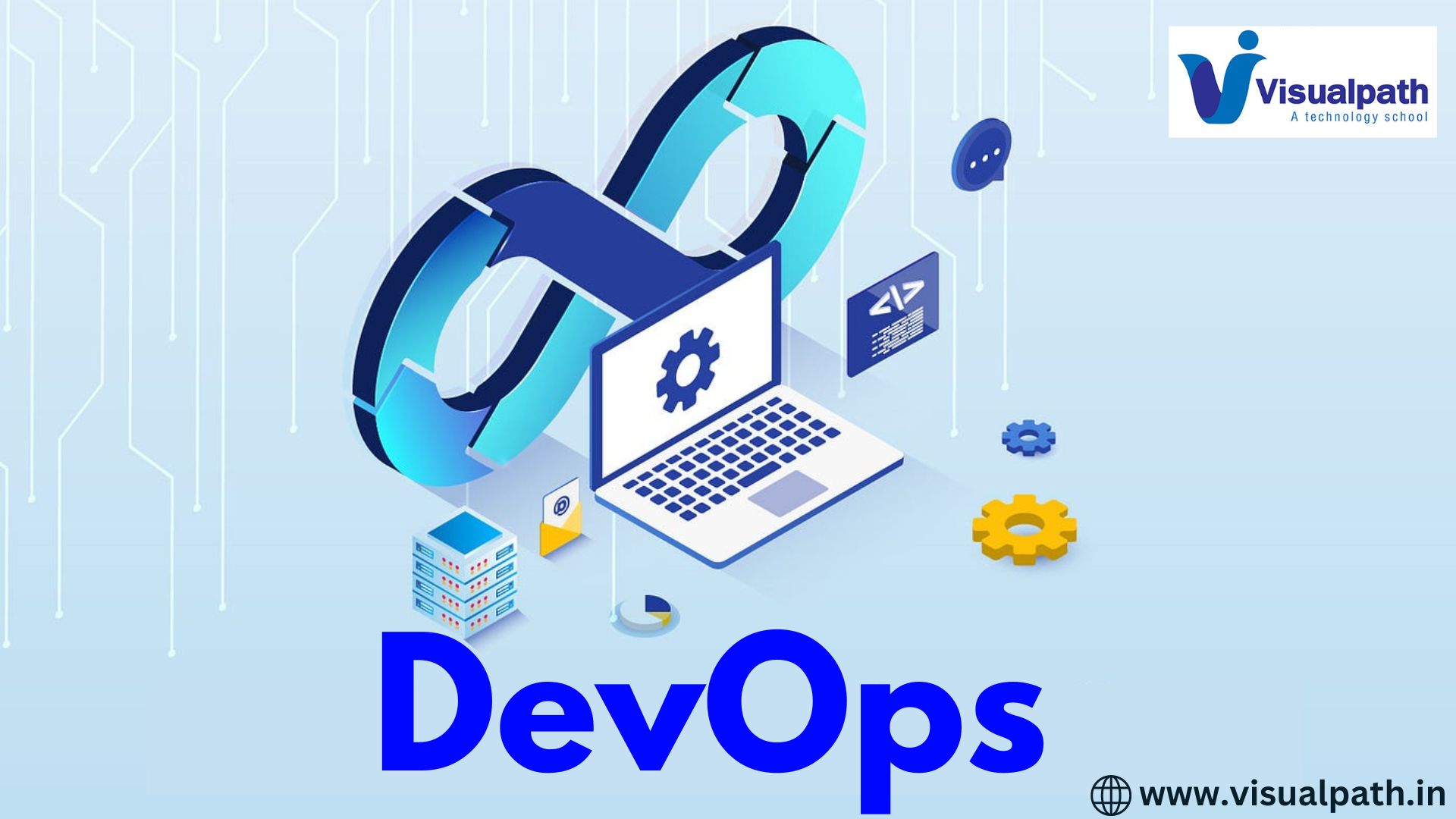DevOps emerges as a sturdy fortress within this jungle, fostering a culture of collaboration and continuous improvement. By bridging the gap between development (Dev) and operations (Ops) teams, DevOps empowers organizations to build resilient and reliable software delivery pipelines, significantly reducing risk and ensuring consistent software performance.
This article delves into how DevOps practices mitigate risk and enhance reliability throughout the software development lifecycle. We’ll explore key benefits, core practices, and the cultural shift DevOps necessitates to create a truly robust development environment.
Why Risk Reduction Matters in DevOps
Software development inherently involves risk. Bugs, security vulnerabilities, and infrastructure issues can lead to costly downtime, user dissatisfaction, and reputational damage. Traditional workflows, with infrequent deployments and limited communication, exacerbate these risks.
Here’s how DevOps tackles these issues:
- Smaller Deployments: DevOps promotes breaking down large feature sets into smaller, incremental releases. This allows for faster identification and resolution of issues, minimizing the impact on users. DevOps Training
- Continuous Integration and Delivery (CI/CD): Automating the build, test, and deployment process with CI/CD pipelines ensures consistent code quality and rapid feedback. Any potential problems are caught early in the cycle, preventing them from reaching production.
- Infrastructure as Code (IaC): Defining infrastructure configurations as code allows for automated provisioning and management. This reduces human error and ensures consistent and reliable infrastructure environments.
- Shift-Left Security: Integrating security testing throughout the development lifecycle, not just at the end, proactively identifies and addresses vulnerabilities.
How DevOps Improves Reliability
Reliability refers to a system’s ability to perform consistently and meet its intended purpose. In software development, a reliable system delivers a seamless user experience with minimal downtime or outages. DevOps practices contribute significantly to software reliability in several ways: DevOps Online Training
- Focus on Monitoring and Feedback: DevOps emphasizes continuous monitoring of applications and infrastructure. This allows for proactive identification of performance bottlenecks or potential failures before they impact users.
- Automated Rollbacks and Recovery: When issues do arise, automated rollback mechanisms allow for a swift return to a stable state, minimizing downtime and data loss.
- Infrastructure Redundancy: DevOps principles advocate for building infrastructure with redundancy, ensuring failover capabilities that maintain system availability even during component failures. DevOps Training Online
Key DevOps Practices for Risk Reduction and Improved Reliability
Several specific DevOps practices act as building blocks for a robust and reliable delivery pipeline. A few of the most prominent ones are listed below:
- Version Control Systems (VCS): Tools like Git enable developers to track code changes, revert to previous versions if necessary, and maintain a clear history of the codebase.
- Configuration Management: Tools like Ansible or Chef automate the configuration of infrastructure components, ensuring consistency and reducing configuration drift.
- Test Automation: Automating unit tests, integration tests, and performance tests provides rapid feedback on code quality and functionality, catching issues early and preventing regressions. DevOps Training in Hyderabad
- Continuous Feedback Loops: Fostering continuous communication and feedback exchange between Dev and Ops teams helps identify potential problems early and improve overall system reliability.
Building a Culture of Shared Responsibility
DevOps goes beyond just tools and processes. It’s a cultural shift towards shared responsibility, collaboration, and a focus on delivering high-quality software. Here are some ways to cultivate this culture:
- Breaking Down Silos: Encourage open communication and collaboration between Dev and Ops teams. Foster cross-functional knowledge sharing to build a shared understanding of the software development and delivery process.
- Shared Metrics and Goals: Align Dev and Ops on common metrics that measure not just individual team performance, but also the overall success of the software delivery pipeline. Focus on metrics like release frequency, lead time for changes, and deployment failure rates. DevOps Training in Ameerpet
- Blameless Post-mortems: When issues arise, conduct blameless post-mortems to understand root causes and implement improvements to prevent future occurrences. Focus on learning and improvement rather than assigning blame.
The Benefits of Reduced Risk and Improved Reliability
By reducing risk and enhancing reliability, DevOps unlocks a range of benefits for organizations:
- Faster Time to Market: With smaller deployments and a streamlined pipeline, DevOps enables faster delivery of features to users.
- Improved User Experience: Higher reliability translates to a more stable and predictable user experience, leading to increased user satisfaction and loyalty.
- Reduced Costs: Fewer errors, faster deployments, and less downtime translate to significant cost savings. DevOps Online Training Institute Hyderabad
- Increased Innovation: By reducing development risks and improving operational efficiency, DevOps frees up resources for teams to focus on innovation and new features.
Conclusion
DevOps is not a silver bullet, but it provides a powerful framework for achieving a more streamlined, reliable, and efficient software delivery process. By automating manual tasks, fostering collaboration, and emphasizing continuous improvement, DevOps empowers organizations to deliver high-quality software that meets user needs
Visualpath is the Leading and Best Software Online Training Institute in Hyderabad. Avail complete DevOps Training Worldwide. You will get the best course at an affordable cost.




